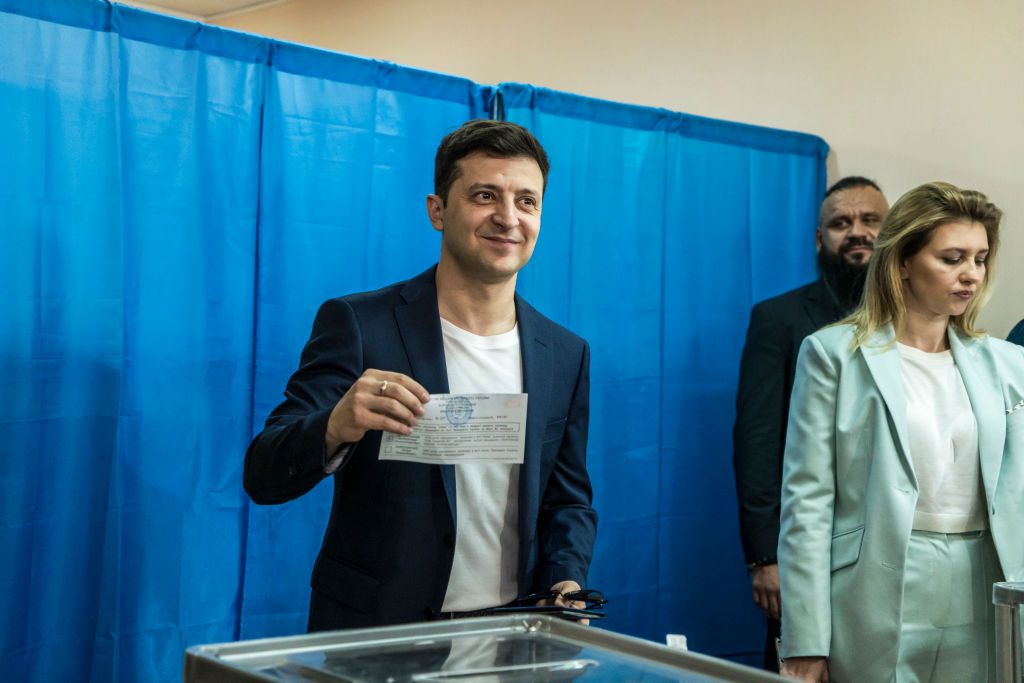Poll: Majority of Ukrainians want Zelensky to remain president for duration of martial law

Almost 70% of Ukrainians think that President Volodymyr Zelensky should remain in office for the duration of martial law, and elections should be postponed until it is lifted, according to a survey released on Feb. 20 by the Kyiv International Institute of Sociology (KIIS).
As Zelensky's five-year term will end in May 2024, there has been considerable debate about holding presidential elections. Under Ukraine's Constitution, elections are prohibited while the country is under martial law.
Zelensky first declared martial law and general mobilization on Feb. 24, 2022, when Russia started its full-scale invasion of Ukraine. The measure has been repeatedly extended since then.
Zelensky said in December 2023 that he was willing to proceed with the election as scheduled but believed that most Ukrainians think such a vote would be "dangerous and meaningless" in wartime.
Polling has consistently found that a majority of Ukrainians believe elections should only be held after the war is over.
According to the KIIS poll released on Feb. 20, only 15% of respondents believe a presidential election should go forward. The figure included 4% who thought martial law should be temporarily suspended and another 11% who believed that the rules of martial law should be amended to allow for elections.
An additional 10% thought that Zelensky's presidential authority should be transferred to the speaker of Ukraine's parliament, Ruslan Stefanchuk, after Zelensky's term expires. Under such a scenario, Stefanchuk would exercise presidential power until a new election is held.
When asked if Zelensky should run for another term (if elections are held), 53% of respondents said yes, a six percent decrease since December 2023.
Ukrainian officials have said that there are logistical and security challenges involved in holding free and fair elections during wartime. Millions of voters live abroad or in territories currently occupied by Russia.
"Advancing the narrative that the president loses legitimacy in May 2024 primarily plays into the hands of Ukraine's enemies," said Anton Hrushetskyi, the executive director of KIIS.
"You can have different attitudes towards Zelensky - support certain decisions, criticize others, but avoiding polarization and instability and preserving the control of government institutions is in the interests of the entire society."













